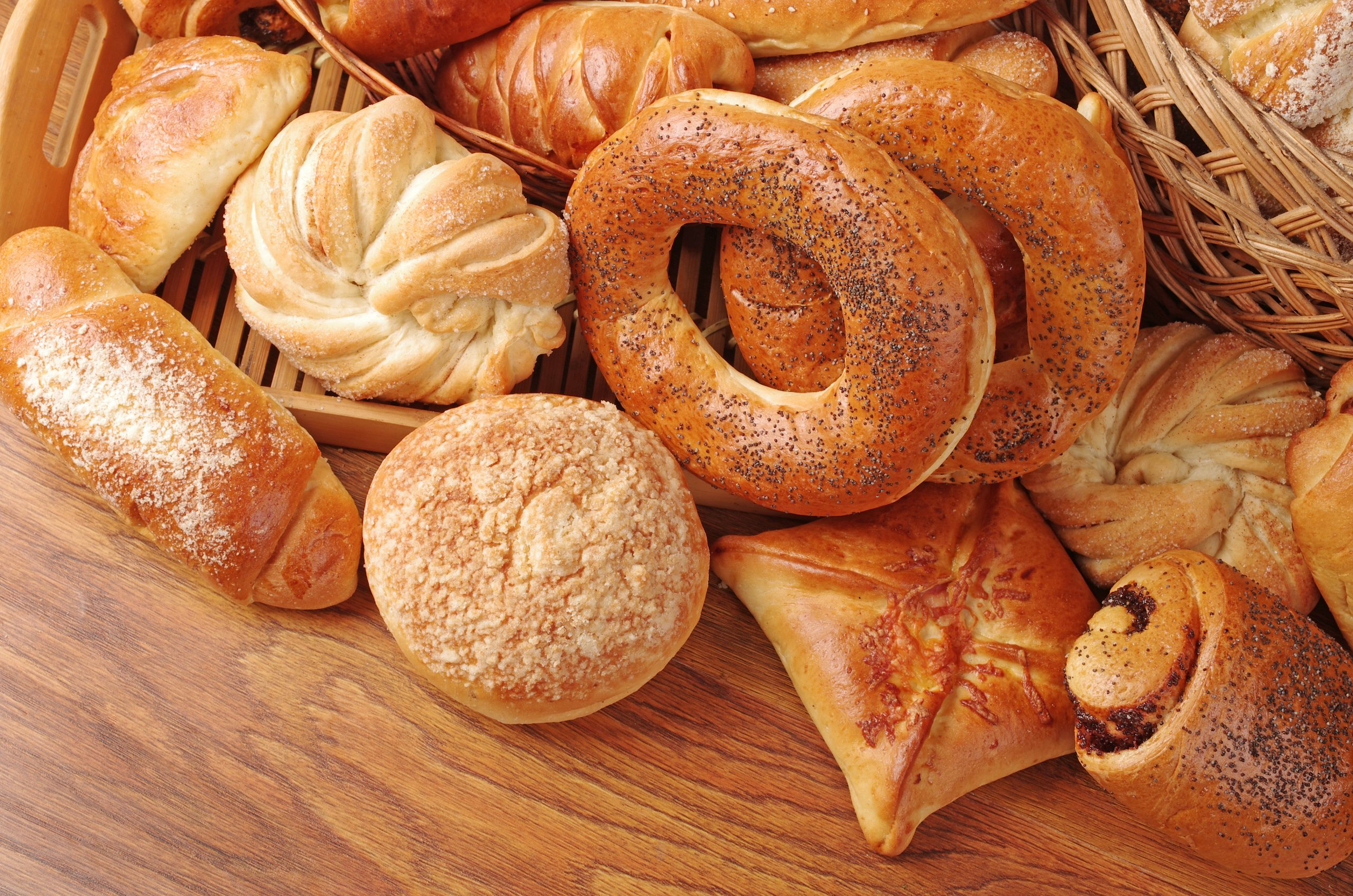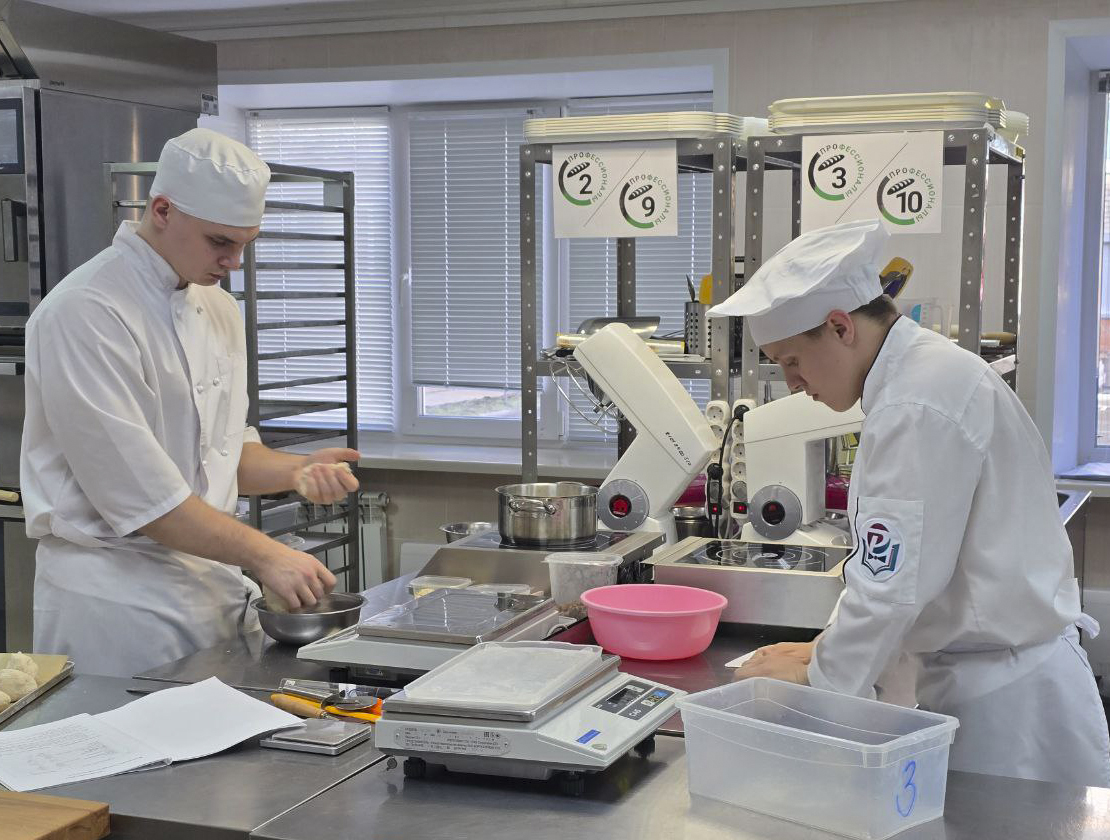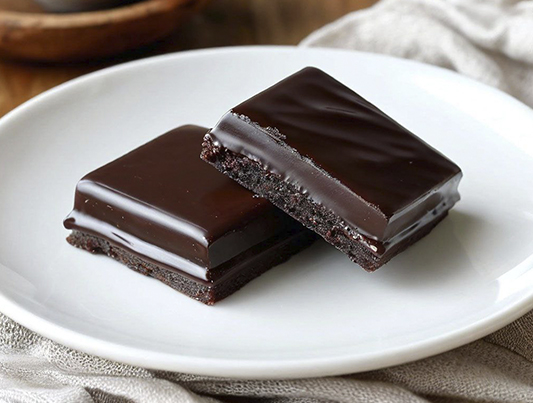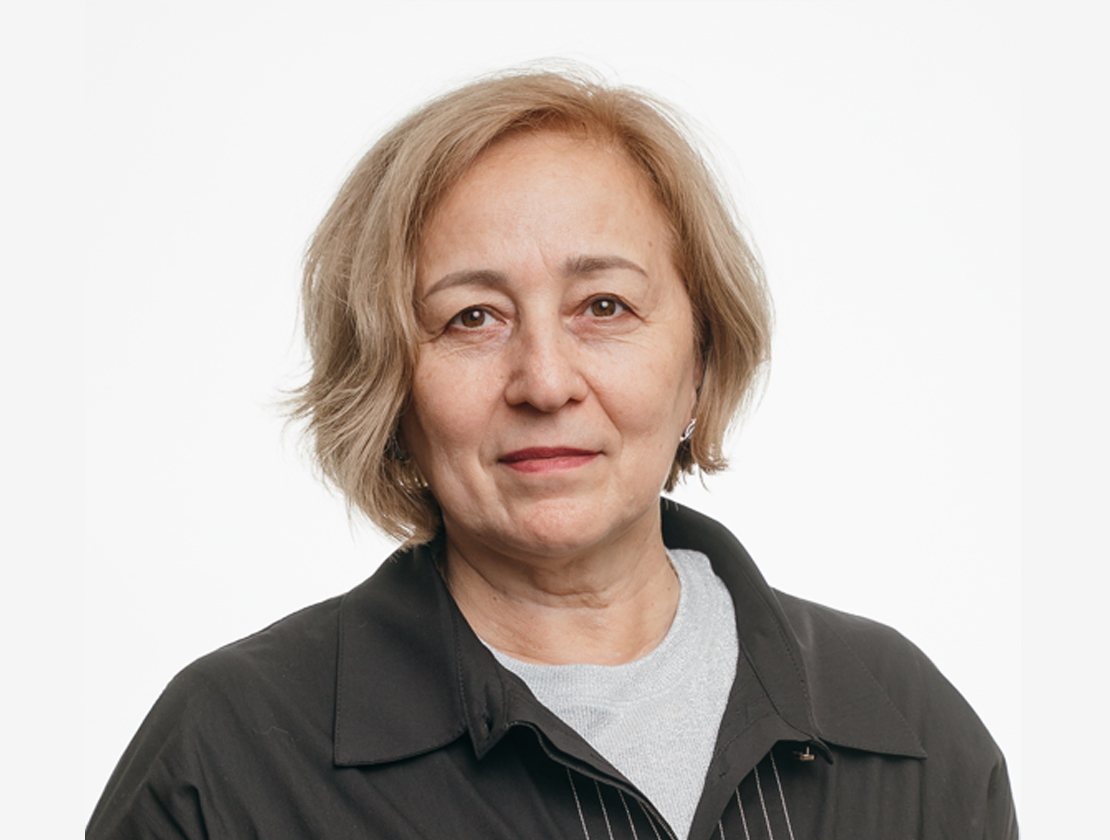
In a time of crisis, food producers want to buckle their belts, switch to austerity mode, minimize costs and concentrate on basic products. On the one hand, this is reasonable: consumers spend less while companies face supply shortages and rising costs. On the other hand, when many start taking this road, vacant niches start appearing on the market, and those have to be occupied by someone. How about you occupy them with your new and popular product?
We’re not going to talk here about how we could survive in the current situation. We’ll try to look into the future to realize what bread and confectionery producers should do now to feel more confident in the stores tomorrow.
The store shelves are getting empty, literally as well as metaphorically. For example, Russian retail networks are searching for new brands, to replace foreign manufacturers among other things. First and foremost, they look for high marginality products. One recent example: Kommersant wrote that retailers are strapped for gluten-free products.
ДShortages are expected, for example, at the upper segment bread or advanced confectionery markets. The first reason for that is that producers will be trying to make their recipes less expensive. The second reason is that foreign producers are re-evaluating their approaches to making business in Russia. They stop investments, cut product ranges, stop importing their goods in generally, are in a position that could very well end in a total exit from the market.
Empty shelves and vacant niches have to be occupied by someone. That’s why a number of Russian companies have a chance to grow their market shares as a maximum and enter new niches or take a hold in them as a minimum.
For confectioners and bakers, those best niches are those that provide food for people caring about their health and reading product labels carefully. That trend was probably the key for the entire food industry; lots of producers tried to follow it, one way or another. Ever more often, market researchers have to face the clients for whom the ingredient list on the label carries more weight than the brand. It’s possible that interest to healthy lifestyle will fall somewhat after the recent events, but people’s concern for their health will stay for sure.
To illustrate the above: in late March, Russkiy Khleb, a manufacturer from Altai, released a new product: an inulin-enriched bread without E-numbers.
Anzhelina Dmitrieva, a sports nutrition and food behavior psychology expert, says,
“People come to me for advice more often when times are hard. Because in times of uncertainty, it’s very important to find one’s own balance point, something we can solely control.
We can’t control price surges or closed borders. But, we can stay energetic and not get scared when we look at ourselves in the mirror. Choosing high-quality foods many feel like they’re investing in their health going forward, that’s why healthy lifestyle has so many proponents. They want to choose foods with clear and understandable ingredients.
Those for whom the sharp change in circumstances exacerbated chronic condition are also now paying closer attention to ingredients on the labels. People also need more energy to be able to run faster and overcome difficulties: and healthy lifestyle can help with that too. No matter what happens in the world, there are no less healthy lifestyle proponents out there.

We have to stop here and mention three important things. In essence, they are: do not pursue heathy foods to the exclusion of your basic products.
Aside from healthy. We shouldn’t view healthy foods as the only true options for confectioners and bakers. It’s hardly the best choice for industrial producers to abandon their main product range.
If your company was not conceived initially as one that only manufactures healthy foods, right now the best strategy would be to group those products into a separate niche for consumers who purchase bread and confectionery goods, are interested in healthy lifestyle and willing to pay a little extra. Polina Semyonova, CEO, Food Ingredient Producers Union, said something similar at the ConfiTour 2021 conference: have healthy foods in your portfolio, but don’t place all your bets on them.
Myths surrounding healthy lifestyle. We have to understand that there are a lot of myths associated with healthy lifestyle. People are irrationally afraid of gluten, trans-fats, GMOs, sugar, palm oil. Other consumers avoid margarine for some reason despite there being absolutely no harm in it. They have a right to their beliefs and we, as producers, can offer them a product in line with their idea of a healthy lifestyle. All the more so if they are willing to pay a little extra for it. You can keep offering your standard products to the rest.
The Finnish experiment
In order to reduce nation-wide cardiovascular mortality in Finland, they launched the North Karelia program. It was focused on changing the nation’s food habit, in particular, reduce butter consumption in favor of margarines and spreads. As a result, butter consumption in Finland decreased sharply (and stays low to this day), while life expectancy went up. You can learn more about the North Karelia program and its results here.
There are different healthy lifestyles. In reality, there aren’t a lot of hardcore healthy lifestyle followers, and the foods they consume are very particular. More often, people just want to believe the food they’re eating is a little more healthy than usual, but are unwilling to sacrifice taste for the sake of it.

Sometimes, they look for an affirmation for those beliefs, even if they’re not true. It’s that group we recommend that industrial producers keep in mind when developing breads and confectionery they want to present as healthy foods.
For a consumer who wants to believe they’re eating healthy, one of the triggers can be a declaration that the food they purchase is free of E-additives or palm oil, i.e. components they think are questionable. To achieve that, the first order of business should be choosing the ingredients that would satisfy that demand.
Understanding those specific, the RUSAGRO Fats & Oil division developed a one-of-a kind solution: the Clean&Free margarines and fats line under the SOLPRO brand. Those products do not contain any E-numbers, palm oil or other components that certain groups of customers consider doubtful. They’re the unique proprietary project supplementing the main product line.

You can use them to replace traditional margarines without compromising product quality or taste, or modifying your recipes. In essence, a technologist can use Clean&Free exactly like traditional margarines (they are just as, if not more processable), but get a final product you can mark E-Numbers and Palm Oil Free in big letters to make it more noticeable on the shelf.
Clean&Free margarines can be used to make products under an honest clean label. That means, a producer doesn’t have to scramble and put the full name of the ingredient on the label instead of the E-number. Clean&Free products really have no emulsifiers, artificial color agents or antioxidants. The glycidol esters of fatty acids content in them is 1 mg/kg or lower, trans isomers of fatty acids content is 2% or lower.
Furthermore, SOLPRO offers bakers and confectioners a choice. For example, with Clean&Free margarines and fats you have an option to make products without palm oil, or without E-numbers, or without either.
Confectioneries and bakeries can use Clean&Free specialized margarines and fats in a broad range of products: pastry, short-paste and puff pastry products, fillings and sugar-based confectionery goods.
For more details about the entire SOLPRO brand, visit our new product catalogue at solpro.ru. For more details about the entire SOLPRO brand, visit our new product catalogue at solpro.ru. We also recommend subscribing to SOLPRO VKontakte group and our Telegram channel.
SOLPRO technologists are open for dialogue and always happy to answer any questions you might have or help you develop product concepts. Message us on Telegram: @Irina_909.



